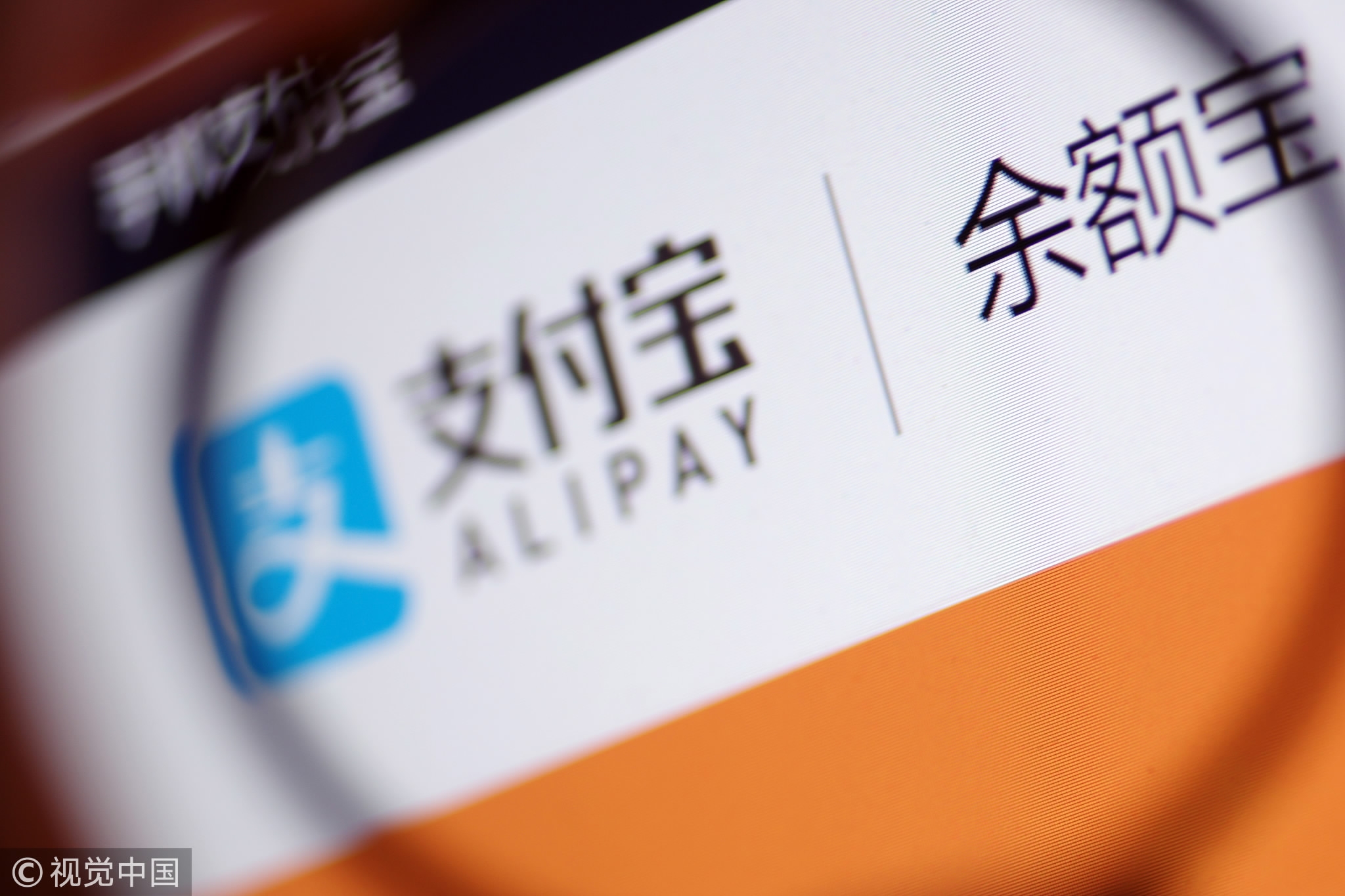
Opinions
14:50, 01-May-2018
Opinion: The poor, the gambling, and the different ways to accumulate wealth
Guest commentary by Chen Jiahe

After working in China’s securities industry for over 10 years, I found a very interesting social phenomenon.
China’s individual investors, sometimes called retail investors, hold vastly different amounts of wealth. The smaller investors typically have around 50 to 300 thousand yuan, while the large ones can have over tens of millions.
As a research analyst, a part of my job is providing investment suggestions to clients. When I talk to a small investor, say with an account of 200,000 yuan, he or she usually wants to double, or even triple his or her account in a few months. This is nearly impossible. But small investors usually just love the search for even the smallest possibility. I can hardly tell the difference between this kind of “investment” to gambling.
Meanwhile, investors with much larger accounts normally ask me questions like “how can I achieve a 15 percent annual return with little risk?” or “how can I diversify my investment so that no single burst will destroy the whole portfolio?” Although many of their investment decisions are still far away from real value investment, they are much more logical when compared to smaller investors.

ICBC where Chinese people officially lend money
ICBC where Chinese people officially lend money
Why does this happen? One important reason is that making a percent return on a very small account does not bring much change to a person’s life, but 15 percent annual return on tens of millions is satisfactory enough. Meanwhile, losing all of one's money in a gamble means little to a small investor, as the person's account was so trivial, it wouldn't be enough for a big life change, such as buying a flat. However, losing the entirety of tens of millions of yuan means a completely different life for a wealthy person, who would lose financial freedom that was gradually acquired over years.

Yu'E Bao where investors are able to lend money./VCG Photo
Yu'E Bao where investors are able to lend money./VCG Photo
This contrast between the potential consequence of gambling and the gradual accumulation of wealth is very obvious when investors have different levels of wealth, and this results in different behaviors. You must bear this in mind when analyzing the economic actions taken by different people.
When analyzing what happens in the peer-to-peer lending market (P2P), we can easily find that people who lend money from these platforms are usually the ones with much less wealth.
When I try to find P2P borrowers among my friends, I can hardly find anyone with a high annual income who borrows money from P2P platforms. After all, banks offer much lower annual interest rates at around six to seven percent for qualified borrowers, compared with the very high rates charged by P2P platforms, which usually stay at between 12 to 15 percent, or even higher.
When P2P loans are usually borrowed by people with much less income and wealth, high interest rates make it very difficult for the borrowers to make a decent investment from the borrowings. Today, China’s GDP growth rate is less than seven percent, which means a 12 to 15 percent interest rate is hardly acceptable for fueling most investments.
Even worse, most people who borrow money from P2P platforms are not using the money for investment, but for short-term consumption. While this action seems to boost China’s consumption economy, it is achieved at a much larger cost, as more often than not, the people who borrowed the money are never able to repay it. Therefore they have to bear the financial burden for a long period of time.
This high interest rate of lending to the poor is a vicious cycle. When the people with less wealth favor gambling with their money rather than focusing on gradual accumulation, high interest rates and easy lending procedures and requirements conducted by P2P platforms make the consequences even worse.
The good thing is that China’s government has recognized this in recent years. It is starting to strictly control P2P platforms. The government now asks these platforms to be more careful with their fearless lending and be strictly legal with their debt collecting measures. Although this might affect the current consumption growth rate, no economic growth shall be achieved through the destruction of economic potential and social welfare.
(Chen Jiahe is the chief Strategist at Cinda Securities, Oxon.The article reflects the author's opinion, and not necessarily the views of CGTN.)

SITEMAP
Copyright © 2018 CGTN. Beijing ICP prepared NO.16065310-3
Copyright © 2018 CGTN. Beijing ICP prepared NO.16065310-3